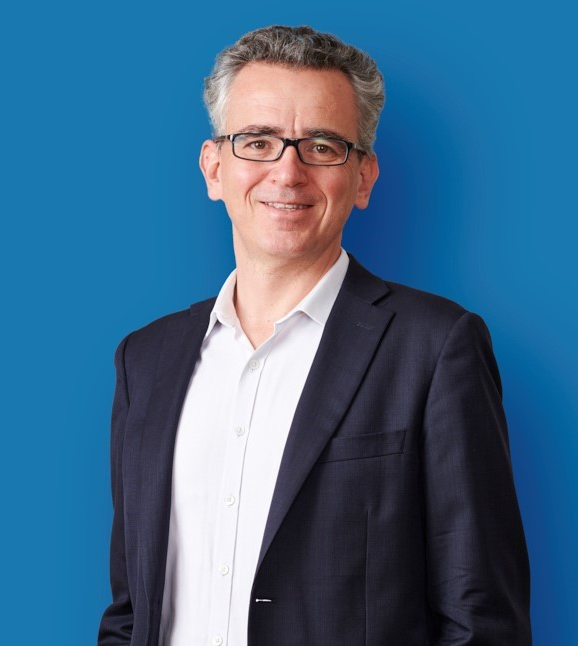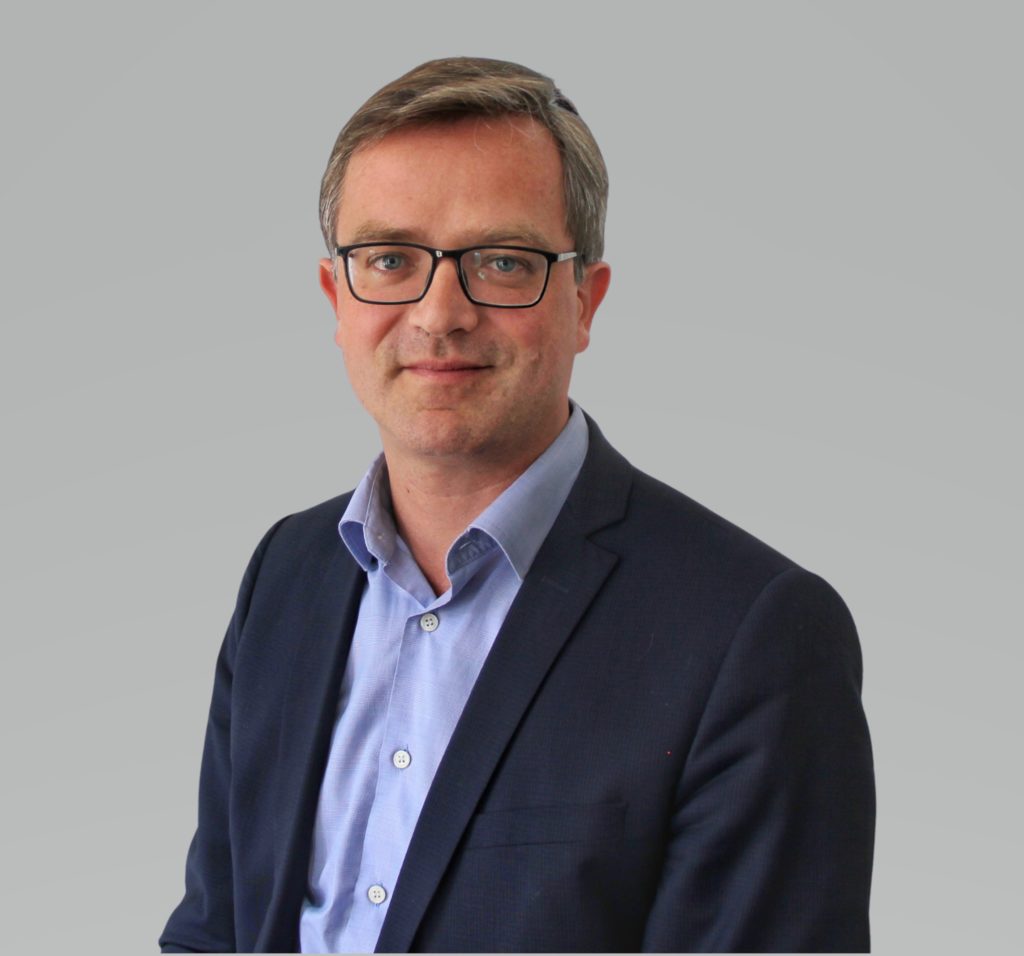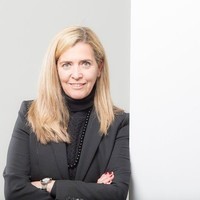Can you briefly describe the ambitions of the Tomorrow fund?
Tomorrow has a conviction that the economic and financial performance of a company is not incompatible with the environmental transition, but rather it is the opposite. This is the message we bring to executives and investors. The Tomorrow fund is therefore designed to support companies that have taken an approach in favor of the ecological transition or that want to reduce their environmental footprint and that of their customers. For example, they can develop new, more virtuous offers for the environment, improve their carbon footprint, design products and services that use fewer raw materials or energy, or have their business model join the circular economy. Tomorrow provides active support to help them make this strategic and operational shift. We aim to achieve both positive environmental impact and value creation in line with private equity standards.
What convictions have led you to launch this fund?
In a personal capacity, Tomorrow’s founding partners are convinced of the urgency of the environmental transition. We all are parents, and want to pass on to our children a sustainable world—they are logically the first to demand it! Tomorrow places particular emphasis on two major issues. On the one hand, global warming is likely to accelerate significantly in the coming decades and calls for very strong measures. We have twenty years to decarbonize the economy. On the other hand, the preservation of biodiversity. The exploitation of land resources is very damaging to ecosystems. We believe that implementing initiatives in favor of the circular economy is essential to protecting our planet. These two vital challenges are also tremendous economic opportunities. Companies ready to take these opportunities will grow faster, reduce costs, attract the best talent, reduce their risk level, and ultimately create more value. We have an incredible opportunity to put our business at the service of this cause.
What type of companies will the fund invest in?
All companies are affected by the environmental transition. Many mid-caps are therefore eligible under our investment thesis, but under two conditions. The first is that there is a significant and measurable challenge to effect an environmental transition, whether in terms of carbon impact or the use of resources and the circular economy. The second is that the manager is committed to putting the environmental transition at the heart of the company’s project, particularly by involving the teams. We target French or sometimes European mid-caps whose turnover is generally between €30 million and €350 million. We invest in these companies from €20m to €50 million, sometimes more thanks to our co-investor partners. We are taking significant and active majority or minority positions.
Based on your experience in the field, have you noted, in recent years, a change in corporate management’s attitude to CSR issues?
Yes, and it’s striking. Environmental Corporate Social Responsibility (CSR), was often seen as a mandatory passage, one that created little value, a sort of quasi-accounting obligation. In the last two or three years, things have changed a lot. CSR has entered the company’s core activities, often driven by major clients. Consumers pay more attention to the environmental footprint of the products they consume. Public or private tenders almost systematically include a CSR component. Purchasing departments have become much more demanding. Talent is very attentive to the reality of companies’ environmental commitments, and it is often a decisive factor for them. Financing arrangements are more attractive for engaged companies, whether in debt or capital. The leaders we meet are very aware of this. They have understood that it is necessary to act very quickly and decisively. The support we offer is therefore perceived to be particularly welcome.
You are a specialist in operational transformation. What are the main challenges, or even the main difficulties, faced by management when they decide to implement (or strengthen) an environmental transition approach?
The environmental transition is a complex, highly technical topic. For example, look at the debates on nuclear power, the relative merits and defects of diesel and gasoline, electric cars and rare earths, the advantages and disadvantages of plastic… For someone who is not familiar with the subject, it is difficult to see it clearly: what measures really have an impact? Which technologies are really polluting, and why? What do customers want, and what will they want in three or five years? How will legislation change? What strategy should we follow to create value for the company and simultaneously have a real positive impact? We help leaders identify the real challenges for their organizations. Then, once the management has been established, the transformation remains to be implemented: defining objectives, implementing resources, training teams through difficult times, keeping the momentum, measuring impacts and implementing corrective actions. The use of digital technology is in particular an essential lever. The detailed analysis of data and its use, for example, is a lever for operational optimization, which can greatly reduce both costs and the environmental footprint. Ultimately, it is about driving change within the company and carrying out concrete projects. This is what I did for twenty-five years, either as a director or by supporting management in a wide variety of sectors, on strategic, operational, and digital aspects.
What role can and should a fund play in offering support to address these matters?
Tomorrow has chosen to bring into its management team from the outset a senior partner with experience on environmental issues and organizational transformation. My role is to help the manager define their roadmap and drive their transformation. Supported companies can rely on a wide range of tools that we have developed: a very good knowledge of the market and technologies, a carefully developed proprietary methodology, a wide range of measurement indicators based on the best standards, and a partner ecosystem that can be deployed in supported companies, particularly in the field of digital technology. This wide range of tools is to our unique knowledge of French private equity.

 Back to the thematic folder
Back to the thematic folder


